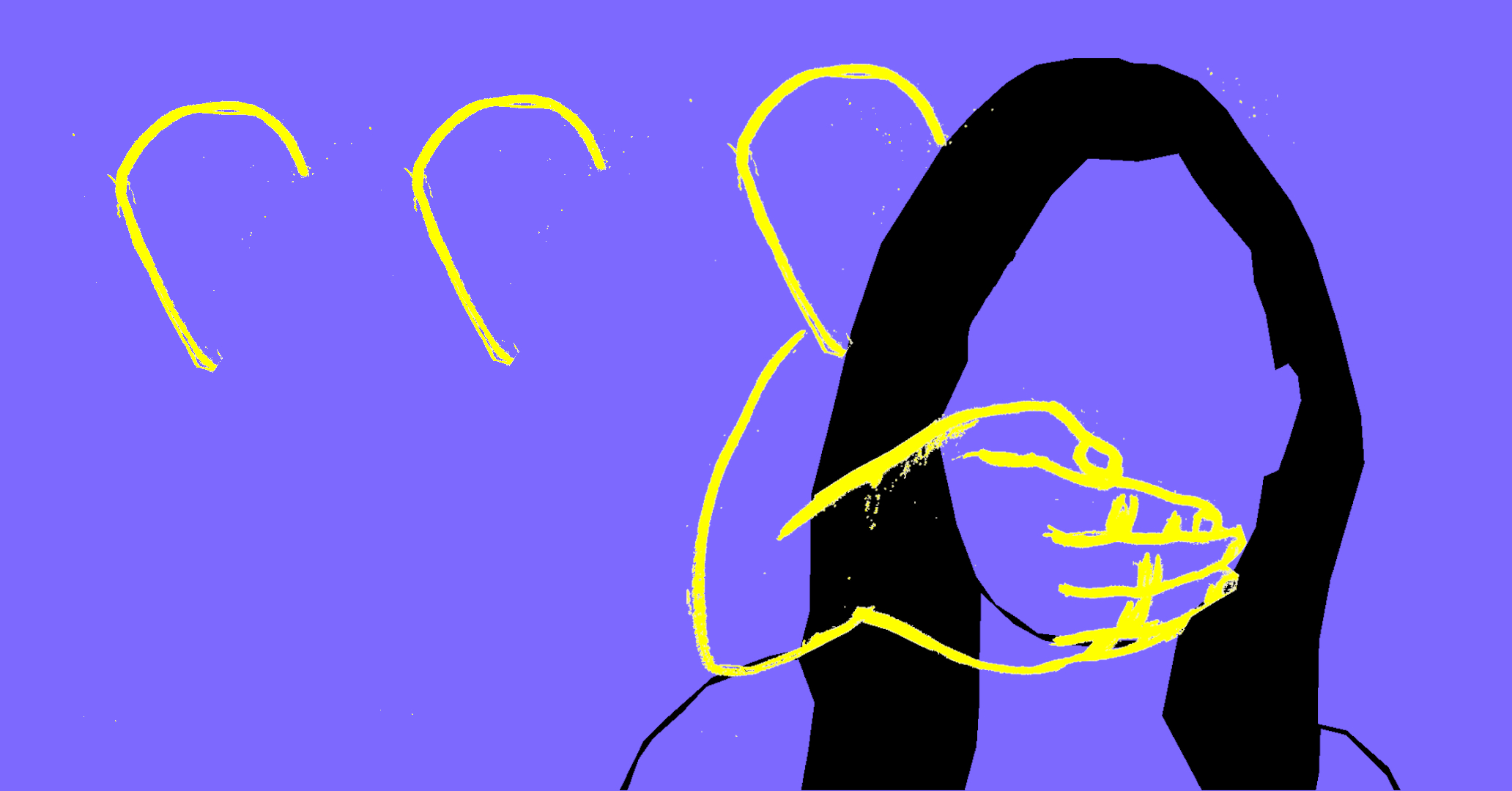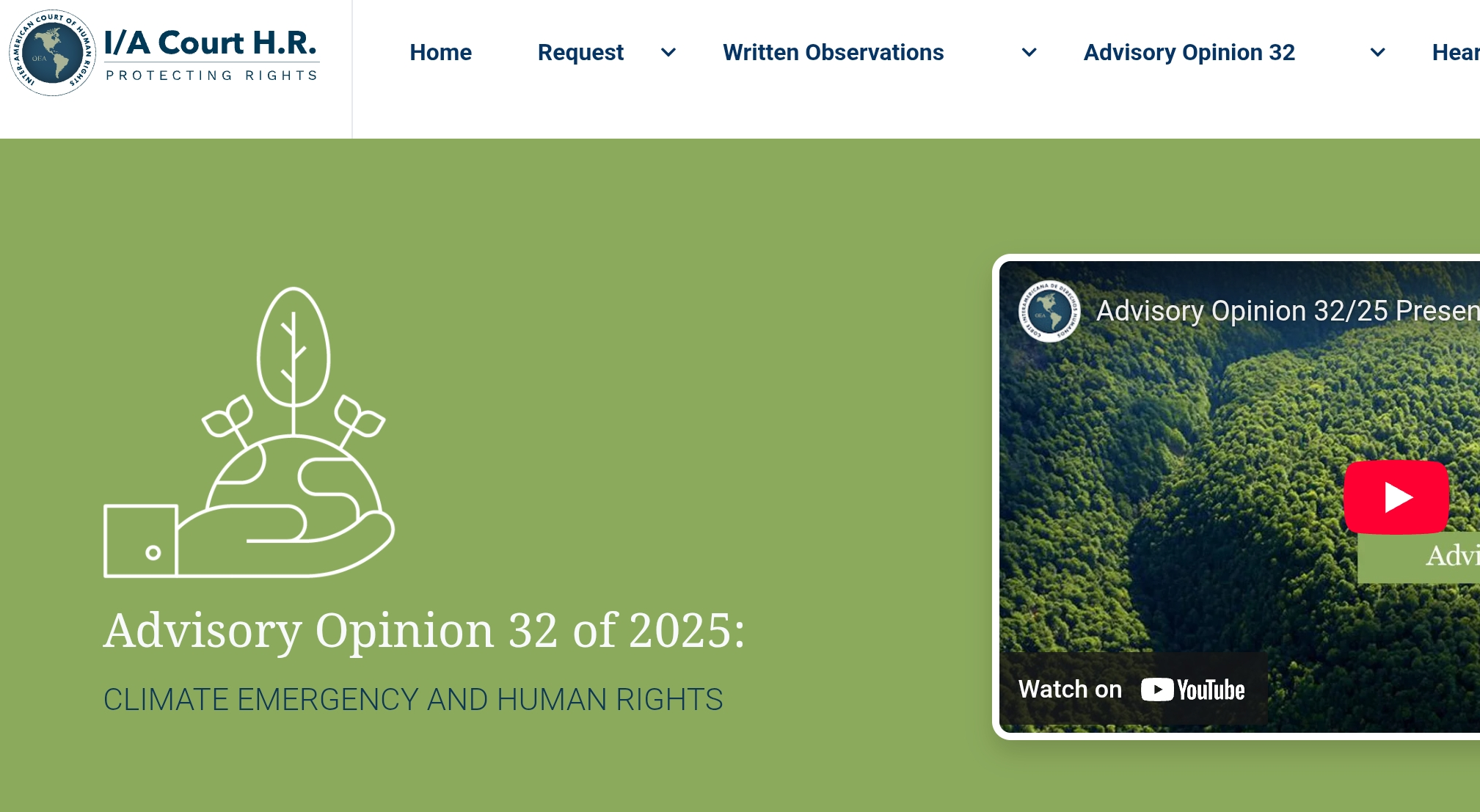In November 2018, the Government of the People’s Republic of China underwent its third UN human rights peer-review (known as the Universal Periodic Review, or UPR), where it received a number of recommendations from other governments to stop arbitrarily detaining human rights defenders (HRDs), lawyers, and journalists, and to amend laws and practices that unduly restrict fundamental freedoms and close space for civil society. The Chinese government actively accepted the majority of these recommendations, identifying most as ‘already implemented’.
Yet, research conducted by ISHR, Front Line Defenders, Safeguard Defenders, Reporters Without Borders, and The 29 Principles, points to a radically different conclusion: the Chinese government continues to misuse legislation and implement policies that criminalise any form of dissent, and persecute those exercising their basic rights to protect the rights of others.
The report, titled Strategies of Silence: Repression of Chinese Human Rights Defenders, Lawyers and Journalists, draws attention to China’s widespread use of national security and other legal provisions to impose lengthy prison sentences, and forcibly disappear defenders, lawyers and journalists, under ‘Residential Surveillance at a Designated Location.’ Looking at the implementation of relevant UPR recommendations over the past three years, the report points to laws and practices used to disbar human rights lawyers, restrict defenders’ freedom of movement, bypass due process, and censor information, de facto depriving them from any possibility to engage in human rights work.
In early 2019, UN High Commissioner for Human Rights, Michelle Bachelet addressed a letter to Foreign Minister Wang Yi identifying priority issues for implementation, including the need for China to create an enabling environment for civil society. She further encouraged China to submit a mid-term UPR report in 2021, which the government has so far disregarded.
In this context, ISHR recommends the following:
-
- To the Government of China: Immediately and unconditionally release all human rights defenders, lawyers and journalists; review all existing laws, regulations, policies and practices used to target HRDs and amend them in line with international human rights law; and ensure human rights lawyers can freely practice their profession;
- To recommending States: Use all available diplomatic channels with Chinese counterparts to request information on, and urge meaningful steps, for the implementation of UPR recommendations.
- To all States: Engage in meaningful consultation with Chinese HRDs, including lawyers and journalists; ensure their needs and views duly inform State positions on issues related to human rights in China, in particular ahead of China’s fourth UPR; and review all legal cooperation agreements with China and the Hong Kong SAR, with the view to ensure full respect for international human rights law, including the principle of non-refoulement.




